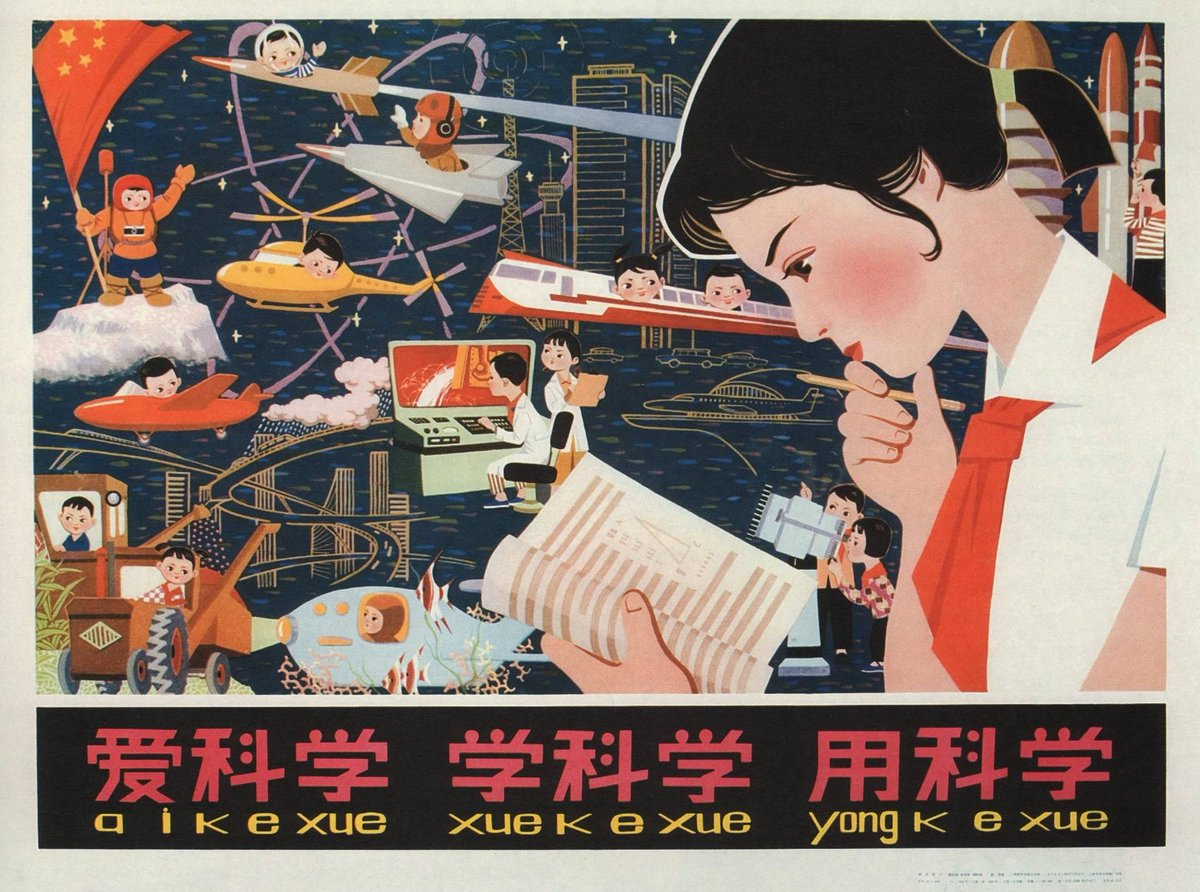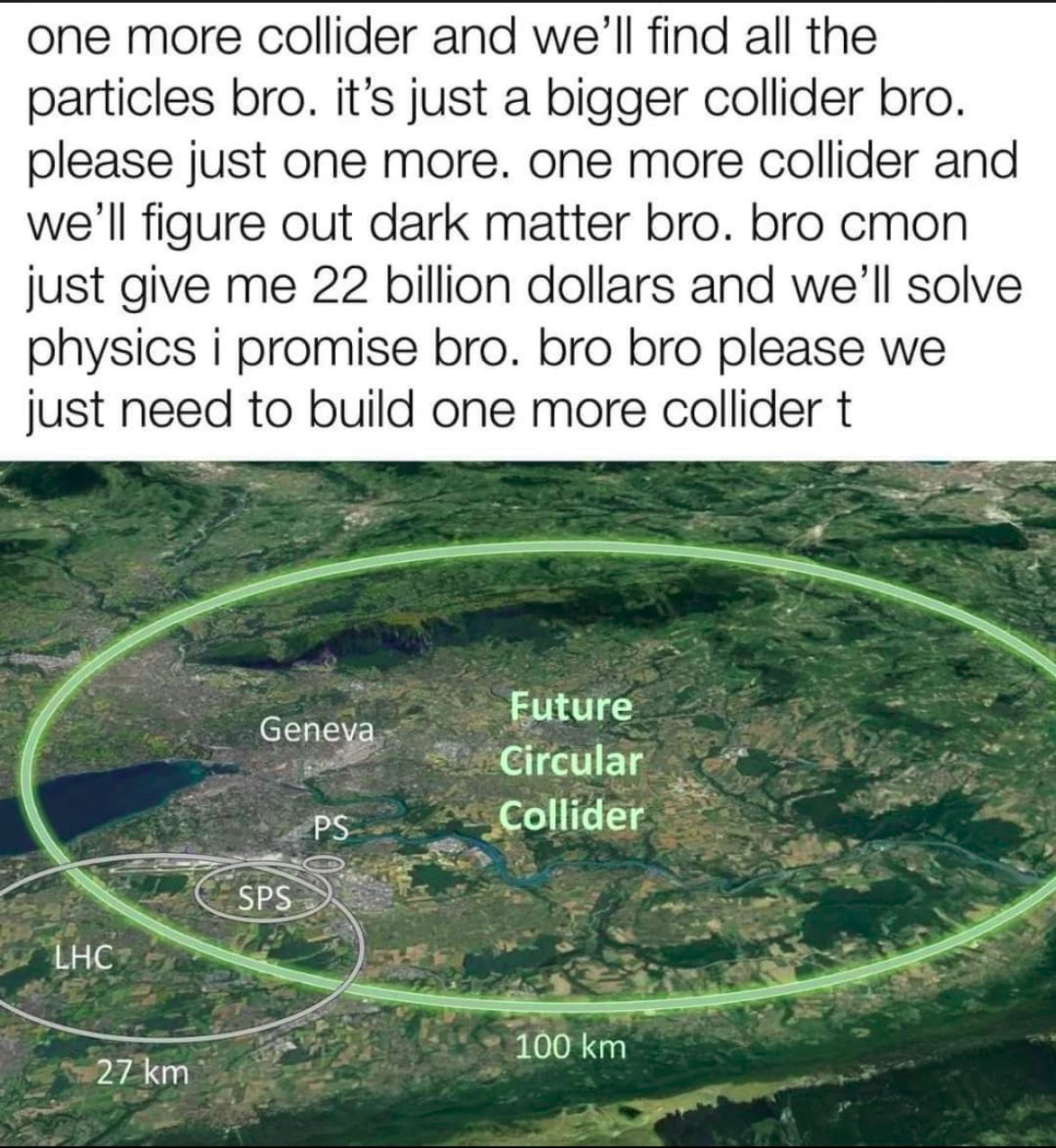In the 17th century, the simplicity and elegance with which Isaac Newton had succeeded in explaining the laws governing the motion of bodies and the stars, unifying terrestrial and celestial physics, dazzled his contemporaries to such an extent that mechanics came to be considered complete. By the end of the 19th century, however, the relevance of certain phenomena that classical physics could not explain was already unavoidable. It fell to Albert Einstein to overcome these shortcomings with the creation of a new paradigm: the theory of relativity, the starting point of modern physics.
As an explanatory model completely removed from common sense, relativity is among those advances that, at the dawn of the 20th century, would lead to a divorce between ordinary people and an increasingly specialized and unintelligible science. Nevertheless, either during the physicist's lifetime or posthumously, even the most surprising and incomprehensible aspects of relativity would eventually be confirmed. It should come as no surprise, then, that Albert Einstein is one of the most celebrated and admired figures in the history of science: knowing that so many barely conceivable ideas are true (for example, that the mass of a body increases with velocity) leaves no choice but to surrender to his genius.
Origins
Albert Einstein was born in the German city of Ulm on March 14, 1879. He was the first-born son of Hermann Einstein and Pauline Koch, both Jews, whose families came from Swabia. The following year they moved to Munich, where his father established himself, together with his brother Jakob, as a dealer in the electro-technical novelties of the time.
Little Albert was a quiet, self-absorbed child, and his intellectual development was slow. Einstein himself attributed to this slowness the fact that he was the only person to develop a theory such as relativity: "A normal adult does not worry about the problems posed by space and time, because he considers that he knows everything there is to know about them from early childhood. I, on the other hand, have had such a slow development that I did not begin to ask myself questions about space and time until I was older".
In 1894, financial difficulties caused the family to move to Milan; Einstein remained in Munich to finish his secondary studies, joining his parents the following year. In the fall of 1896 he began his higher studies at the Eidgenossische Technische Hochschule in Zurich, where he was a student of the mathematician Hermann Minkowski, who later generalized the four-dimensional formalism introduced by the theories of his former student.
On June 23, 1902, Albert Einstein joined the Confederal Office for Intellectual Property in Bern, where he worked until 1909. In 1903 he married Mileva Maric, a former fellow student in Zurich, with whom he had two sons, Hans Albert and Eduard, born in 1904 and 1910 respectively. In 1919 they divorced, and Einstein remarried his cousin Elsa.
Relativity
During 1905, he published five papers in the Annalen der Physik: the first of these earned him a doctoral degree from the University of Zurich, and the remaining four would eventually impose a radical change in science's picture of the universe. Of these four, the first provided a theoretical explanation in statistical terms of Brownian motion, and the second gave an interpretation of the photoelectric effect based on the hypothesis that light is composed of individual quanta, later called photons. The remaining two papers laid the foundations of the special theory of relativity, establishing the equivalence between the energy E of a certain amount of matter and its mass m in terms of the famous equation E = mc², where c is the speed of light, which is assumed to be constant.
Einstein's efforts immediately placed him among the most eminent of European physicists, but public recognition of the true scope of his theories was slow in coming; the Nobel Prize in Physics, which he received in 1921, was awarded to him exclusively "for his work on Brownian motion and his interpretation of the photoelectric effect". In 1909 he began his university teaching career in Zurich, then moved to Prague and returned to Zurich in 1912 to become a professor at the Polytechnic, where he had studied.
In 1914 he moved to Berlin as a member of the Prussian Academy of Sciences. The outbreak of World War I forced him to separate from his family, who never joined him again. Against the general feeling of the Berlin academic community, Einstein was then openly anti-war, influenced in his attitudes by the pacifist doctrines of Romain Rolland.
On the scientific level, between 1914 and 1916, his activity was focused on perfecting the general theory of relativity, based on the postulate that gravity is not a force but a field created by the presence of a mass in the space-time continuum. The confirmation of his predictions came in 1919, when the solar eclipse of May 29 was photographed; The Times presented him as the new Newton and his international fame grew, forcing him to multiply his lectures around the world and popularizing his image as a traveler of the third class railroad, with a violin case under his arm.
Towards a unifying theory
During the following decade, Einstein concentrated his efforts on finding a mathematical relationship between electromagnetism and gravitational attraction, determined to advance towards what, for him, should be the ultimate goal of physics: to discover the common laws that were supposed to govern the behavior of all objects in the universe, from subatomic particles to stellar bodies, and to group them into a single "unified field" theory. This research, which occupied the rest of his life, was unsuccessful and ended up by making him a stranger to the rest of the scientific community. After 1933, with Hitler's accession to power, his loneliness was aggravated by the need to renounce German citizenship and move to the United States; Einstein spent the last twenty-five years of his life at the Graduate Institute of Princeton (New Jersey), where he died on April 18, 1955.
Einstein once said that politics had a fleeting value, while an equation had value for eternity. In the last years of his life, his bitterness at not finding the formula that would reveal the secret of the unity of the world was accentuated by the need he felt to intervene dramatically in the political sphere. In 1939, at the urging of the physicists Leo Szilard and Eugene Paul Wigner, and convinced of the possibility that the Germans were in a position to manufacture an atomic bomb, he addressed President Roosevelt urging him to undertake a research program on atomic energy.
After the Hiroshima and Nagasaki explosions in World War II, Einstein joined scientists seeking ways to prevent future use of the bomb and proposed the formation of a world government from the embryonic United Nations. But his proposals for humanity to avert threats of individual and collective destruction, formulated in the name of a unique amalgam of science, religion and socialism, received from politicians a rejection comparable to the respectful criticism among scientists of his successive versions of the idea of a unified field.
Albert Einstein continues to be a mythical figure of our time; even more so than he became during his lifetime, if we take into account that the photograph of him showing an unusual mocking gesture (sticking out his tongue in a comical and irreverent expression) has been elevated to the dignity of a domestic icon after being turned into a poster as common as those of song idols and Hollywood stars. However, it is not his scientific genius or his human stature that best explain him as a myth, but, perhaps, the accumulation of paradoxes contained in his own biography, accentuated by the historical perspective. Einstein, the champion of pacifism, is still remembered as the "father of the bomb"; and it is still common to attribute the demonstration of the principle that "everything is relative" precisely to him, who fought fiercely against the possibility that knowing reality meant playing blind man's buffalo with it.
Why Socialism? by Albert Einstein

Hexbear links
reminders:
- 💚 You nerds can join specific comms to see posts about all sorts of topics
- 💙 Hexbear’s algorithm prioritizes comments over upbears
- 💜 Sorting by new you nerd
- 🌈 If you ever want to make your own megathread, you can reserve a spot here nerd
- 🐶 Join the unofficial Hexbear-adjacent Mastodon instance toots.matapacos.dog
Links To Resources (Aid and Theory):
Aid:
Theory:




